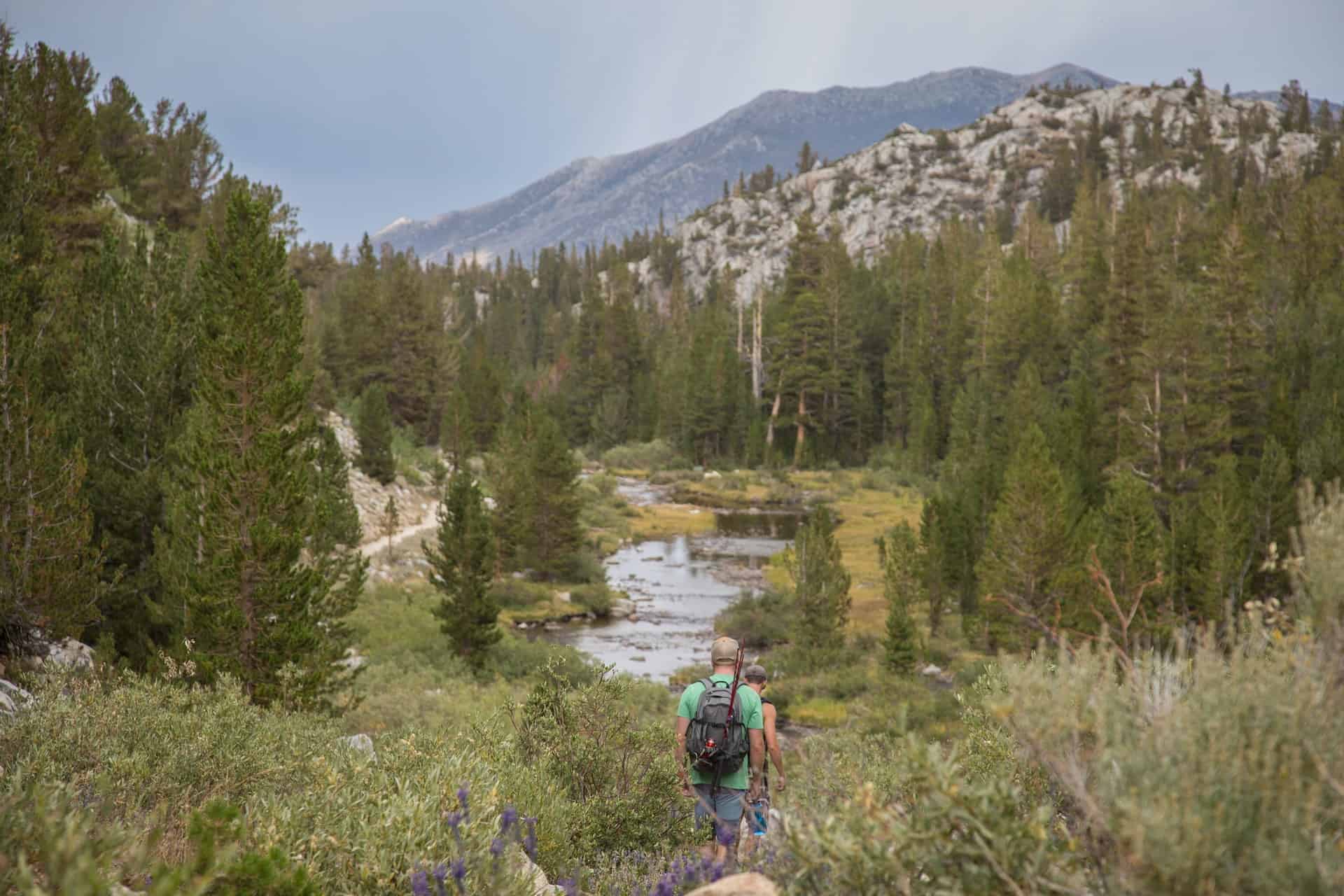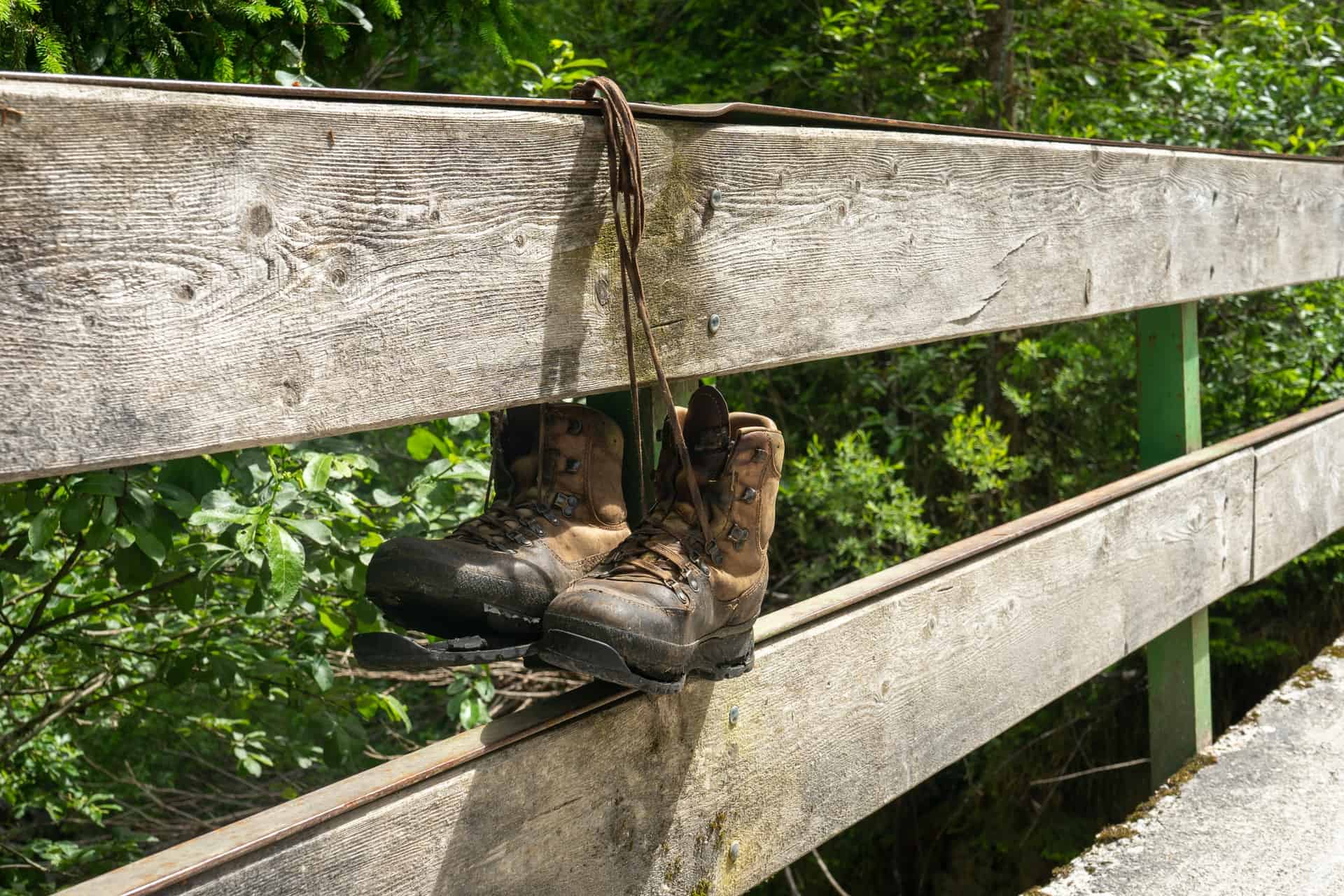
Have you returned from a hiking expedition, already feeling tired, with soreness settling into your body?
Worry not, these symptoms are typical and very common among even the most advanced hikers.
In this article, you will be given six useful tips and remedies to help with your post-hiking recovery.
Table of Contents
1. Prepare in Advance
The first and probably the most important thing you want to do to help your post-hiking recovery process is to prepare for your trek in advance.
Things like dressing appropriately for the weather you will be hiking in, wearing comfortable and durable shoes, packing enough food and water, as well as extra underwear and a first-aid kit, can help reduce your body's stress and pain during the hike.
In turn, this lessens the recovery process afterward.
2. Stay Active
While the first thing you might want to do after a strenuous hike is to get some rest, it is crucial to stay active in your battle against the post-hiking fatigue.
You do not have to hit the gym after your hike; on the contrary, short walks should do the trick just fine.
Moreover, do not forget to stretch your body for at least five to ten minutes before and after your hike.
Continue with the stretching after you return home for a faster recovery.

3. Get Some Rest
While staying active will help you recover faster, so will getting enough rest.
Anything from removing your hiking boots and allowing your feet to relax to lying in bed and sleeping in can help with your post-hiking fatigue and recovery process.
While lying down, you can try applying ice packs to the swollen areas of your body, wearing compression socks, or massaging sore muscles with a massage roller.
4. Proteins and Hydration
Hikes take up a lot of your body's energy.
While hiking on a full stomach is not advised as it can slow you down, you want to make sure you still eat a healthy and nourishing meal before starting.
Pack enough snacks and water to keep you energized throughout your trek.
After the hike, you want to keep your body hydrated and feed it nutritious meals.
Go for fruits and vegetables or any food which is rich in healthy fats and proteins.
5. Pain Relievers
For a faster recovery, you might want to try pain relievers in the form of medication prescribed by your doctor.
Other options are ointments or gels for muscle recovery, or even cannabinoids derivates like Delta 8 THC, Delta 9 THC's less known and psychoactive brother.
6. Soak Away the Pain
Last but not least, you can try to soak away the pain and soreness.
You can opt for a warm bath with Epsom salt, a cold bath to cool down your body's temperature and relax your muscles, or a shower where you alternate between hot and cold water to help expand your blood vessels and dispose of any unwanted products in the tissues.
For a faster recovery process, make sure to tend to your body's needs, before, during, and after the hike because, in the end, it is better to prevent than to cure.
______
This story is provided in partnership with The Hemp Doctor.
Planning a trip? Go Backpacking recommends:
- G Adventures for small group tours.
- Hostelworld for booking hostels.
